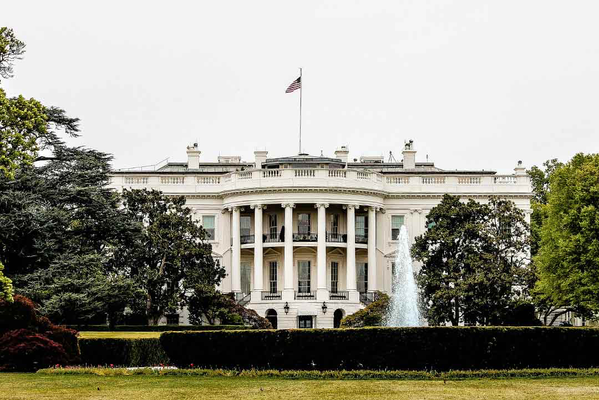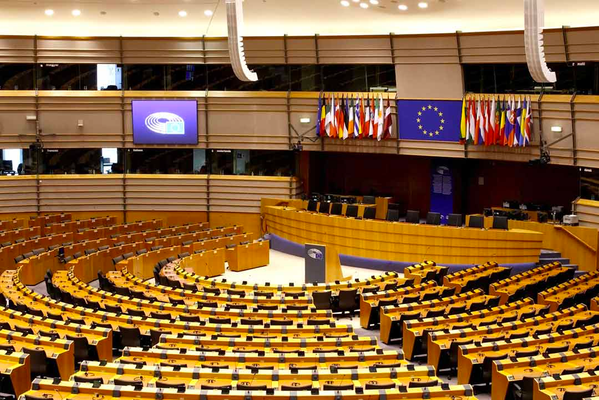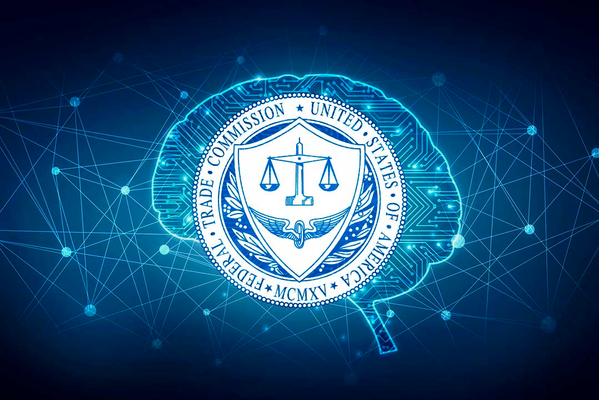April 2024

The White House Office of Management and Budget (OMB) has issued a policy on advancing governance, innovation, and risk management for agency use of artificial intelligence (AI). The policy directs federal agencies to promote AI innovation and governance while managing the risks associated with the technology, especially those impacting the safety and rights of the American public. This aligns with President Biden’s executive order on AI and creates a balance between responsibility and innovation while making federal agencies accountable for the development and risk management of AI. The policy outlines several AI governance, innovation, and risk management actions for federal agencies, including managing risks related to the procurement of AI, addressing risks from the use of AI, expanding transparency of AI use, advancing responsible AI innovation, and growing the AI workforce. Alongside the policy, measures such as increasing reporting on the 2024 Federal AI Use Case Inventory and issuing a Request for Information (RFI) on the responsible procurement of AI in government have been introduced to promote responsible AI use.
March 2024

The European Parliament has approved the EU AI Act, but it still needs approval from the Council of the European Union. The Act must undergo further scrutiny before becoming law and will be published in the Official Journal of the EU before becoming enforceable. The application of the Act's provisions will be phased, with some provisions likely to apply before the end of this year. Businesses should start preparing for the Act's enforcement.

President Biden has issued the Executive Order on Preventing Access to Americans' Bulk Sensitive Personal Data and United States Government-Related Data by Countries of Concern. The order addresses concerns related to cybersecurity, national security, and privacy from mounting threats that the US is facing as adversaries seek unauthorized access to vast stores of sensitive personal and governmental data. The order imposes prohibitions or limitations on transactions involving the processing and exploitation of sensitive data by foreign adversaries, affecting the development, monitoring, and deployment of AI systems that depend on processing bulk sensitive personal data and government-related data. Furthermore, the order tasks key officials with formulating recommendations to identify, evaluate, and neutralize national security threats resulting from past data transfers, including healthcare data and human 'omic data.
February 2024

Derek Mobley has filed an amended complaint in the ongoing class action lawsuit against Workday, alleging that the firm's algorithm-based applicant screening tools discriminate against individuals based on race, age and disability. Mobley seeks certification of the case as a class action, designating himself as the representative of parties facing alleged discriminatory screening practices, and is seeking a preliminary and permanent injunction against Workday to restrain the company from engaging in the alleged unlawful activities. He is also requesting an order mandating Workday to institute and execute policies that provide equal employment opportunities for all minorities as well as monetary compensation in terms of back pay, front pay and other financial relief.

The Federal Trade Commission (FTC) has issued orders to Alphabet, Amazon, Anthropic, Microsoft, and OpenAI to provide information about their investments and partnerships in generative AI companies, citing concerns about how these investments may distort innovation and undermine fair competition. The companies must provide information on agreements and related documents, interaction and influence, analyses and reports, documents related to exclusivity and access, materials provided to government entities, specifications for document production, use of technology, and contact information and communication. The FTC aims to better understand the competitive landscape and potential implications of AI collaborations to ensure fair competition and prevent practices that could stifle innovation.